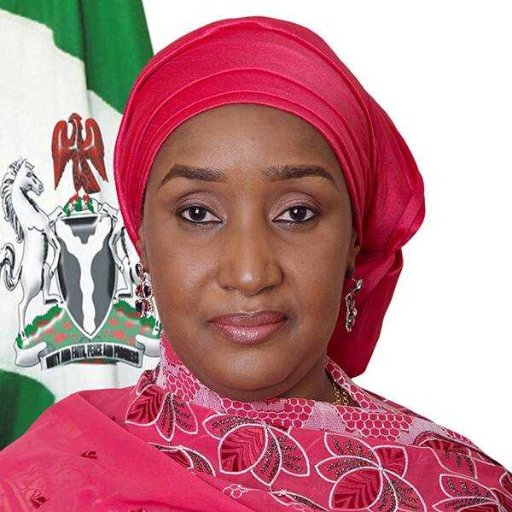Over one and a half years after exiting beneficiaries of batches A and B of the N-Power Scheme of its National Social Investment Programme (NSIP) the federal government is yet to formally engage new enrollees.
Recall that the government disengaged beneficiaries of the two batches who were engaged in 2016 and 2017 respectively, in May 2020.
Before the exit, the government, through its Ministry of Humanitarian Affairs, Disaster Management and Social Development which runs the scheme, had launched a portal for the 500,000 exited beneficiaries to apply for their exit packages.
Plans were made for the transition of the N-power batch A and B through the creation of the NEXIT portal, which would allow those who choose to sign up to access other government empowerment opportunities.
Minister of Humanitarian Affairs, Disaster Management and Social Development, Hajiya Sadiya Umar Farouq, had said that discussions were also ongoing to ensure that exited and eligible N-Power beneficiaries were absorbed into government programmes.
“We have directed Focal Persons of National Social Investment Programmes in the states to submit an updated list of the exited N-Power beneficiaries that are interested in participating in the transition plans of the ministry,”she had said.
Mrs Farouq added, “N-Power beneficiaries who have concluded the 2-year job programme will now be able to access permanent job opportunities or business prospects in line with the N-power exit strategy now activated by the Buhari administration.”
“Under the plan, 200,000 beneficiaries will be engaged as financial services operators under a Shared Agent Network Expansion Facility (SANEF) scheme operated by the Central Bank of Nigeria; over 30,000 have already been engaged as geospatial experts and enumerators in the Economic Sustainability Plan’s Mass Agric programme, while several others will have the option of benefiting from the GEEP micro-enterprise loans,” the minister had added.
According to N-Power exit strategy document, at least 200,000 former N-Power beneficiaries will be onboarded on a scheme known as the Shared Agent Network Expansion Facility (SANEF) while at least 30, 000 others would be deployed for the Mass Agric programme, a component of the Economic Sustainability Plan (ESP), and others given opportunities to improve or start new businesses under a micro-enterprise initiative.
The SANEF scheme is a project powered by the Central Bank of Nigeria, Deposit Money Banks, Nigeria Inter-Bank Settlement Systems, Chattered Institute of Bankers of Nigeria, Licensed Mobile Money Operators, and Shared Agents with the primary objective of accelerating financial inclusion in Nigeria.
According to the plan, the project will among other things create a platform for Nigerian owned financial services companies to grow whilst empowering and creating jobs for Nigerians.
“SANEF in partnership with NSIP will onboard 200,000 N-Power graduates as SANEF agents under the approved SANEF licensed Super Agents while achieving N-Power’s objective to improve the livelihood of a critical mass of young unemployed Nigerians,” the minister had explained.
Vanguard
